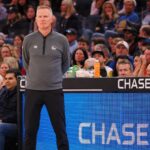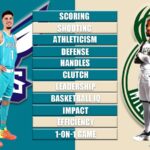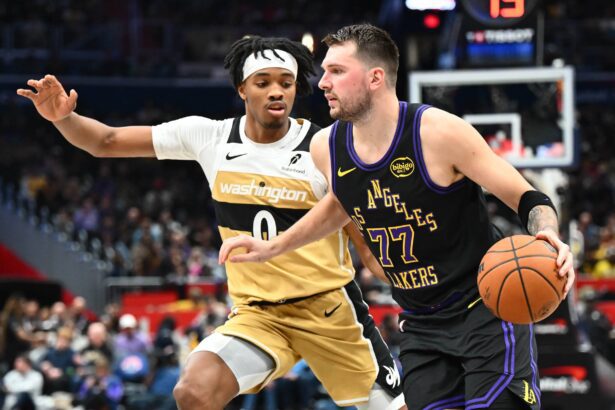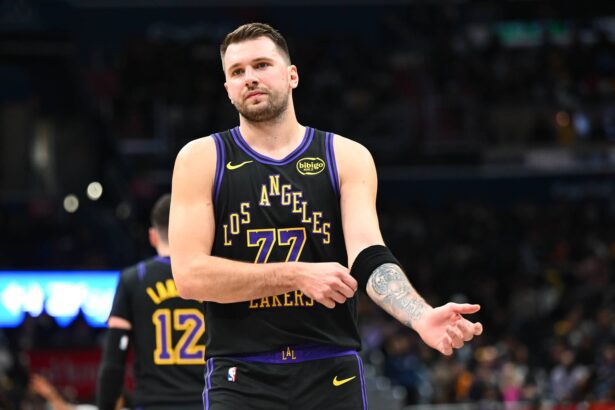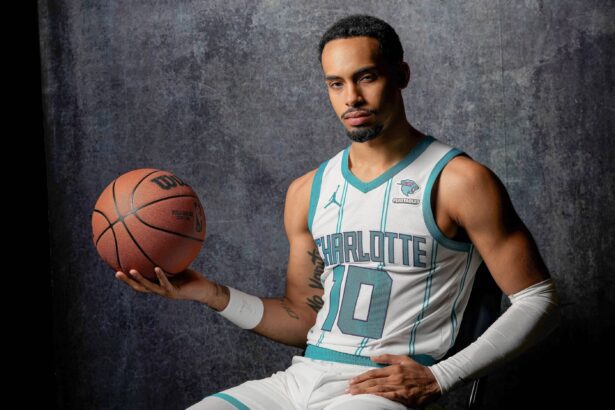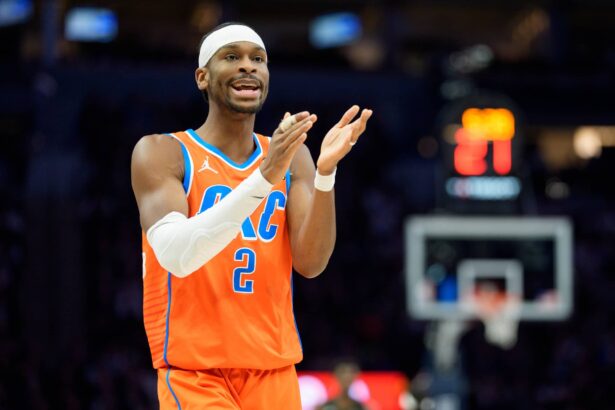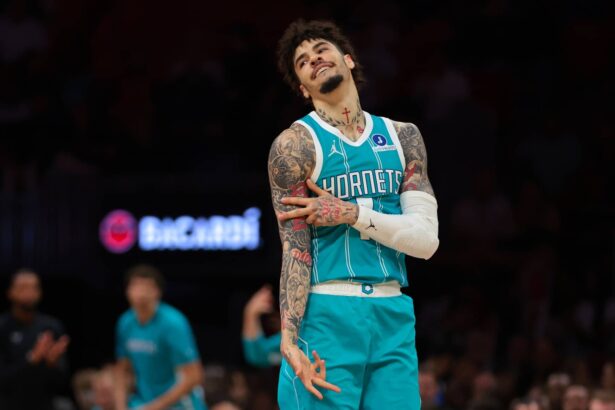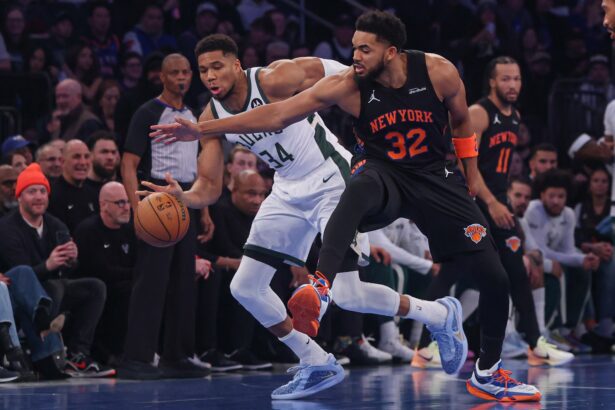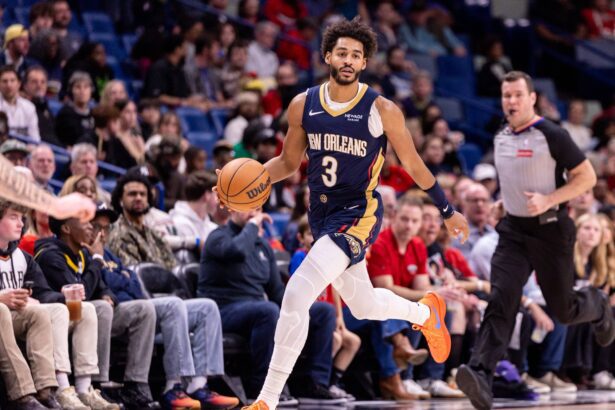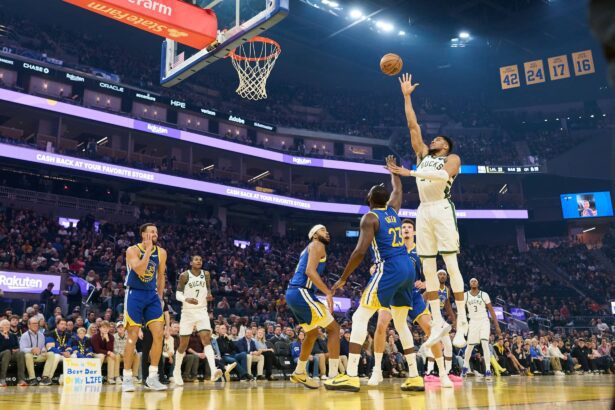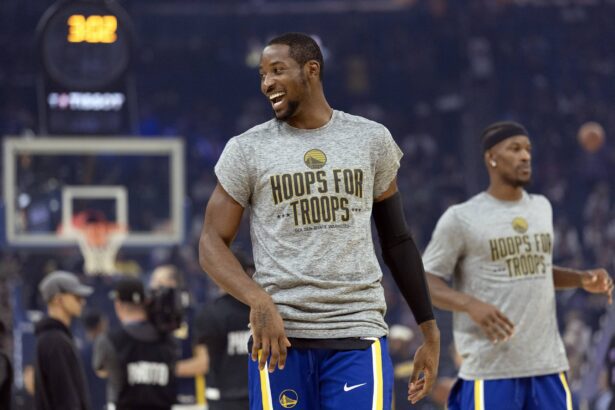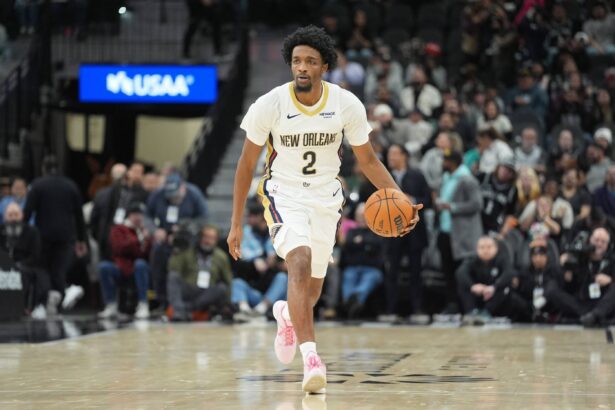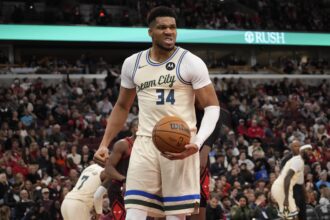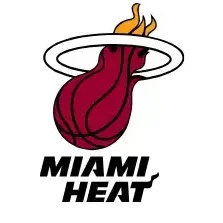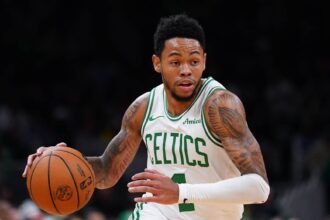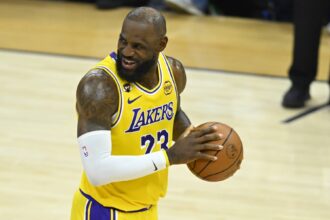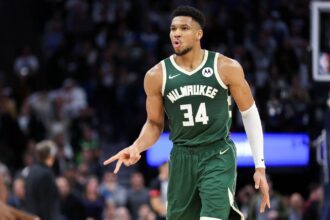The Oklahoma City Thunder are off to a scorching start, leading the Western Conference with a 15-5 record. Thanks to savvy moves like adding Alex Caruso and Isaiah Hartenstein, they’ve taken another leap and look more like contenders than ever. Last season, they held off on making a splashy trade, but this year feels different—it might be time to go all-in. Still, the Thunder need to tread carefully. Some big-name players just don’t fit their identity, no matter how tempting they might seem.
Zion Williamson
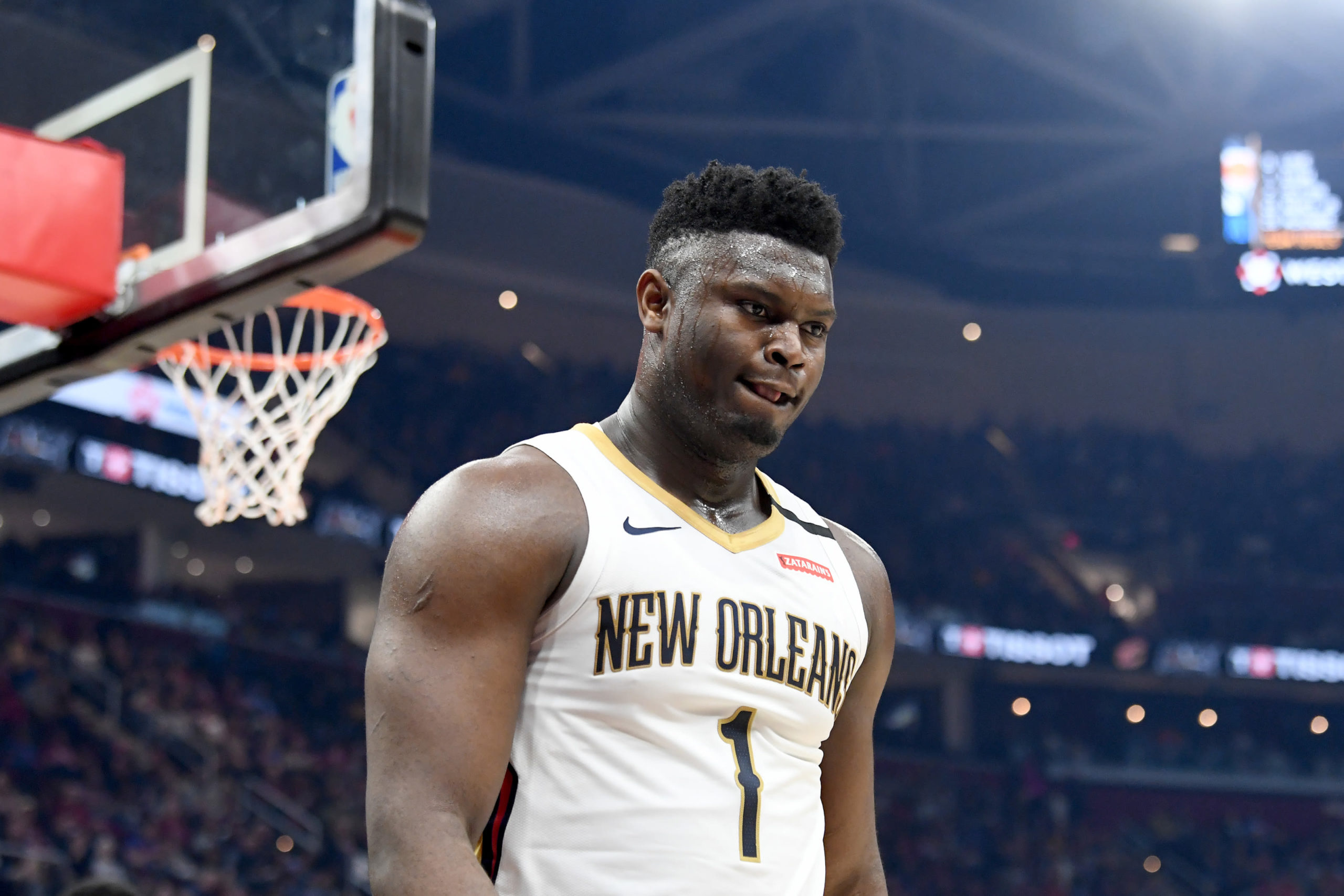
Zion Williamson is one of the most exciting talents in the NBA when he’s actually on the court. This season, he’s averaging 22.7 points, 8.0 rebounds, and 5.3 assists, but here’s the catch—he’s already dealing with another injury. A hamstring issue has sidelined him after just six games, and honestly, this is starting to feel like déjà vu. Zion’s injury history is the biggest red flag for any team thinking about trading for him, especially one like the Thunder.
The Thunder thrive on their team-first mentality, consistent availability, and versatility on both ends. Adding Zion would mean gambling big on a player whose health is always in question. OKC has done a great job building a culture that’s all about development and reliability, and bringing in someone who might spend more time rehabbing than playing could disrupt that vibe.
Then there’s the fit. Zion’s skill set is electric, no doubt, but where does he fit in OKC’s system? Shai Gilgeous-Alexander is already the alpha, and guys like Jalen Williams need touches too. Zion is at his best dominating the paint, but OKC has Chet Holmgren and Isaiah Hartenstein manning the interior, stretching the floor, and anchoring the defense. It’s hard to see how Zion wouldn’t overlap with what they’re already building.
Bottom line: Zion is a risk the Thunder don’t need to take. His potential is sky-high, but his availability is always the question. OKC’s rebuild is ahead of schedule because of smart moves and patient decisions. Betting the house on Zion would be the kind of swing that could send them backwards instead of forward.
Zach LaVine
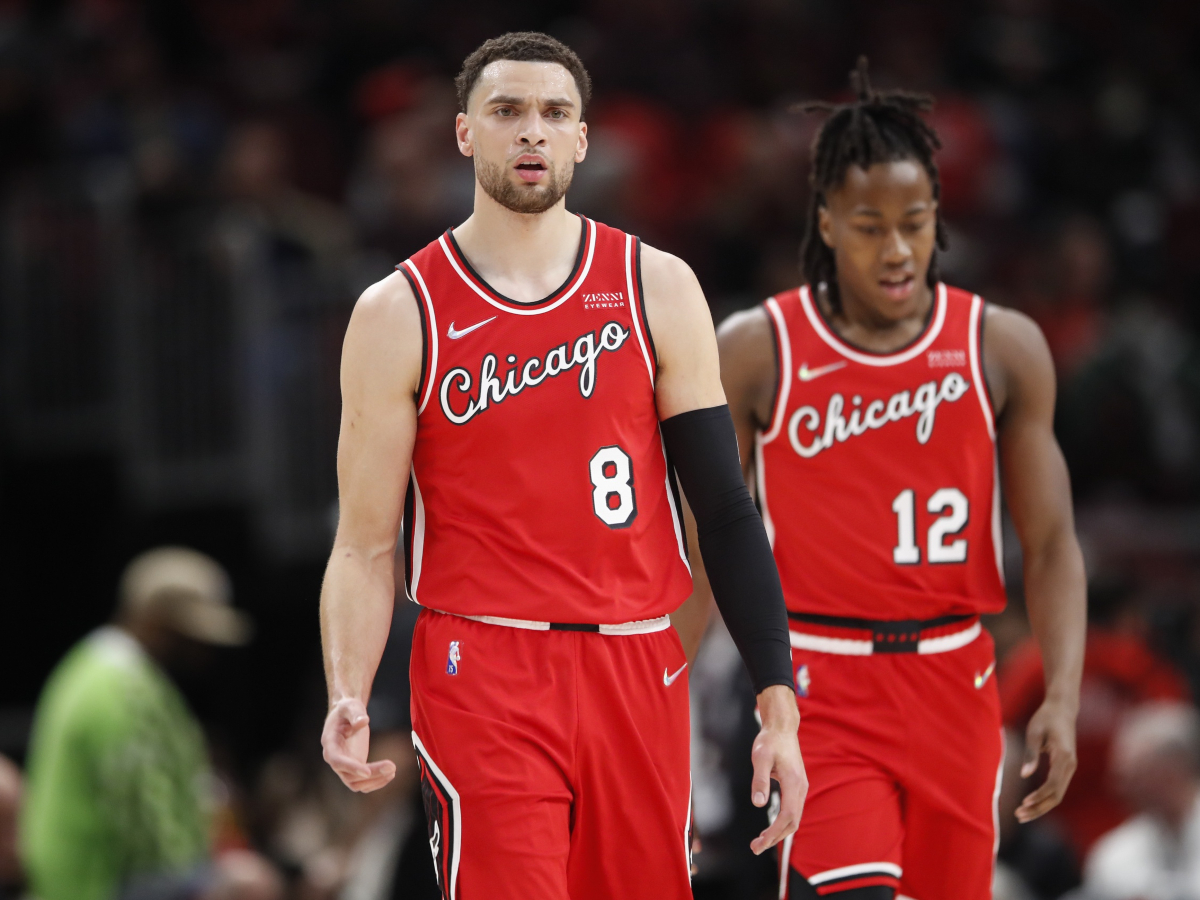
Zach LaVine is putting up solid numbers this season—22.0 points, 4.5 rebounds, and 4.1 assists per game—but for the Thunder, he’s more of a headache than a solution. His game is all about isolation scoring, which is the opposite of OKC’s pass-heavy, team-first system. Add in his massive contract and a growing list of injuries, and it’s hard to see how he’d fit with what the Thunder are building.
LaVine’s injury history is starting to pile up, too. Last season, he missed a chunk of games dealing with knee soreness, and this year he’s already been sidelined for a few stretches with lingering issues. For a team like OKC, that’s a huge red flag. The Thunder have built their success on having reliable, versatile players who can stay healthy and contribute consistently. Betting on LaVine’s body holding up doesn’t feel like a smart move.
Even if he was fully healthy, LaVine’s style just doesn’t mesh with what OKC is doing. Shai Gilgeous-Alexander is already the Thunder’s go-to guy, and he’s proven he can lead this team in crunch time. Adding another high-usage scorer like LaVine could create some serious friction. You don’t want two players fighting for touches and disrupting the flow of what’s already a smooth, cohesive offense.
Then there’s the money. LaVine is in the middle of a massive $215 million contract that runs through 2027. For a team like OKC, who’s still carefully managing their cap space and thinking long-term, taking on that kind of deal for a player who might not even fit feels reckless. The Thunder are better off saving their assets for someone who checks all the boxes—not just scoring, but durability, defense, and chemistry. LaVine? He’s not that guy for them.
Khris Middleton
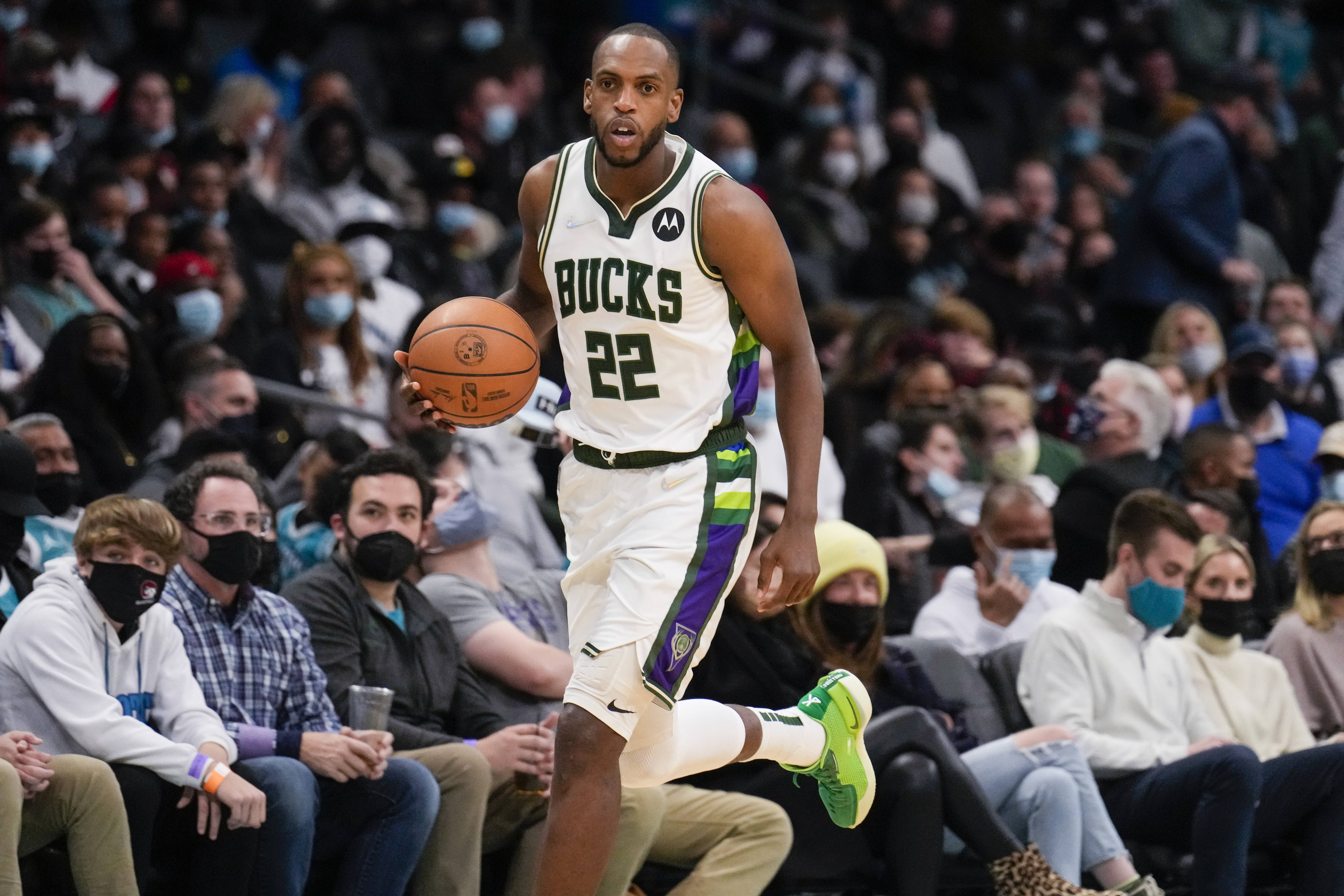
Khris Middleton is a proven veteran with a championship resume, but right now, he’s a massive question mark. He hasn’t played a single game this season after having surgeries on both ankles in the offseason. Even though he’s reportedly been cleared to play, he’s not feeling ready to suit up. Last season, he came up clutch in the playoffs for the Bucks, but let’s be real—his injuries and age make him a risky addition for any team, especially one like the Thunder.
There’s buzz about the Bucks being interested in Cam Thomas from the Nets, and to make that happen, they’d probably have to move Middleton. On paper, a guy like Khris with playoff experience and leadership sounds appealing, but for the Thunder? It’s not the move. He’s coming off significant injuries, and no one really knows what level he’s at right now. That’s not a gamble OKC should take.
Middleton’s game is all about mid-range shots and slower, methodical playmaking, which doesn’t really fit the Thunder’s fast, dynamic style. Plugging him into this young, high-energy roster could mess with the chemistry they’ve built. Shai Gilgeous-Alexander and the rest of the core are thriving in a system built on movement and speed—Middleton’s game just doesn’t align.
At the end of the day, Middleton’s a great player when healthy, but that’s a big “when.” The Thunder are better off avoiding this trade and sticking to their plan of adding players who fit their vision and timeline. Middleton just isn’t that guy for OKC right now.
Brandon Ingram
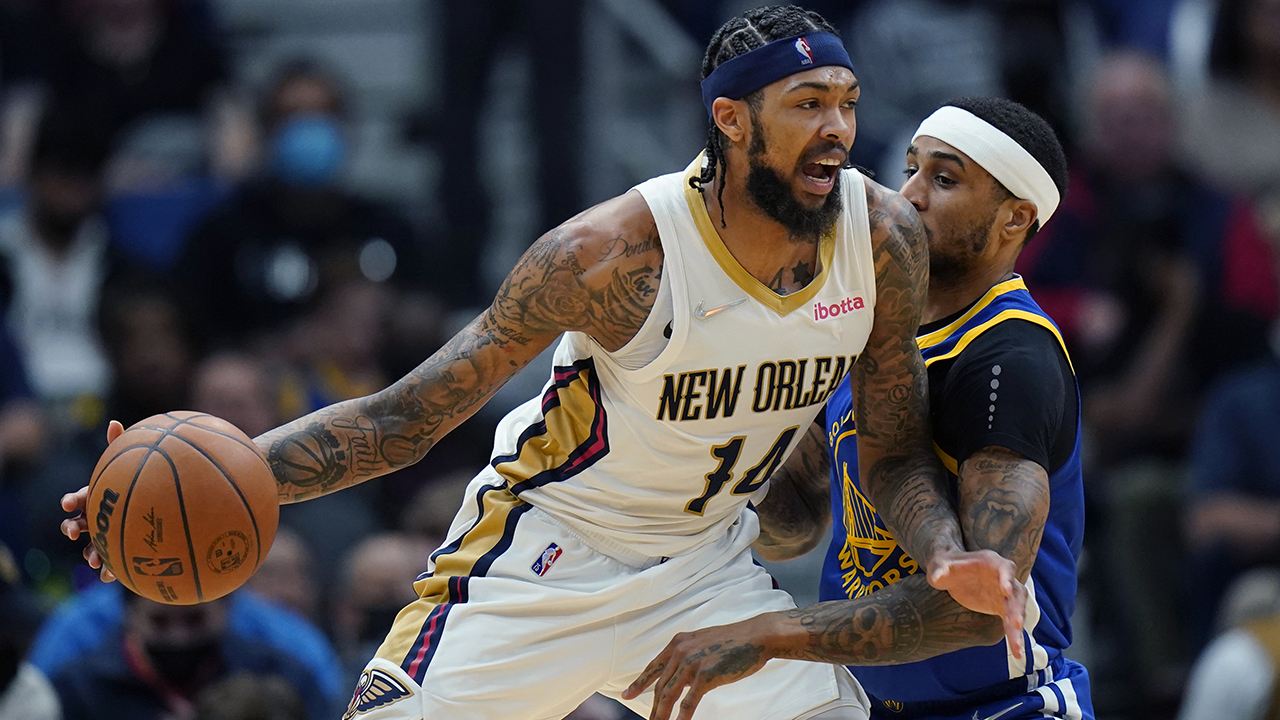
Brandon Ingram is putting up some solid stats this season—22.9 points, 5.8 rebounds, and 5.4 assists over 16 games on 46% shooting. On paper, he looks like a guy who could help any team. But dig a little deeper, and you’ll see why he’s not the kind of player the Thunder should trade for. The Pelicans are sitting at the bottom of the West, injuries have derailed their season, and Ingram is playing on an expiring $36 million deal while reportedly asking for a $200+ million extension. It’s a lot of risk for a guy who hasn’t proven he can deliver when it really matters.
Just look at last year’s playoffs. Ingram had a rough showing, averaging just 14.3 points, 4.5 rebounds, and 3.3 assists over four games. For a player with near All-Star talent, those numbers aren’t going to cut it. The postseason is where stars prove their worth, and Ingram’s performance only raised more questions about his ability to show up in big moments. For a team like OKC, adding a player with that kind of playoff inconsistency feels like a step backward.
There’s also the issue of fit. Ingram thrives on isolation plays and mid-range scoring, which doesn’t really align with the Thunder’s fast, fluid, team-first style. Shai Gilgeous-Alexander is already leading the offense with efficiency, and adding a player like Ingram could disrupt the chemistry that makes this team so dangerous. OKC is built on ball movement and versatility, and Ingram’s game doesn’t quite fit that mold.
Then there’s the money. Committing over $200 million to Ingram could wreck the Thunder’s cap space and limit their flexibility moving forward. While Ingram is talented, his playoff struggles, style of play, and massive contract demands make him a bad fit for OKC. The Thunder are better off saving their assets for a player who aligns with their vision and can deliver when it counts.
Julius Randle
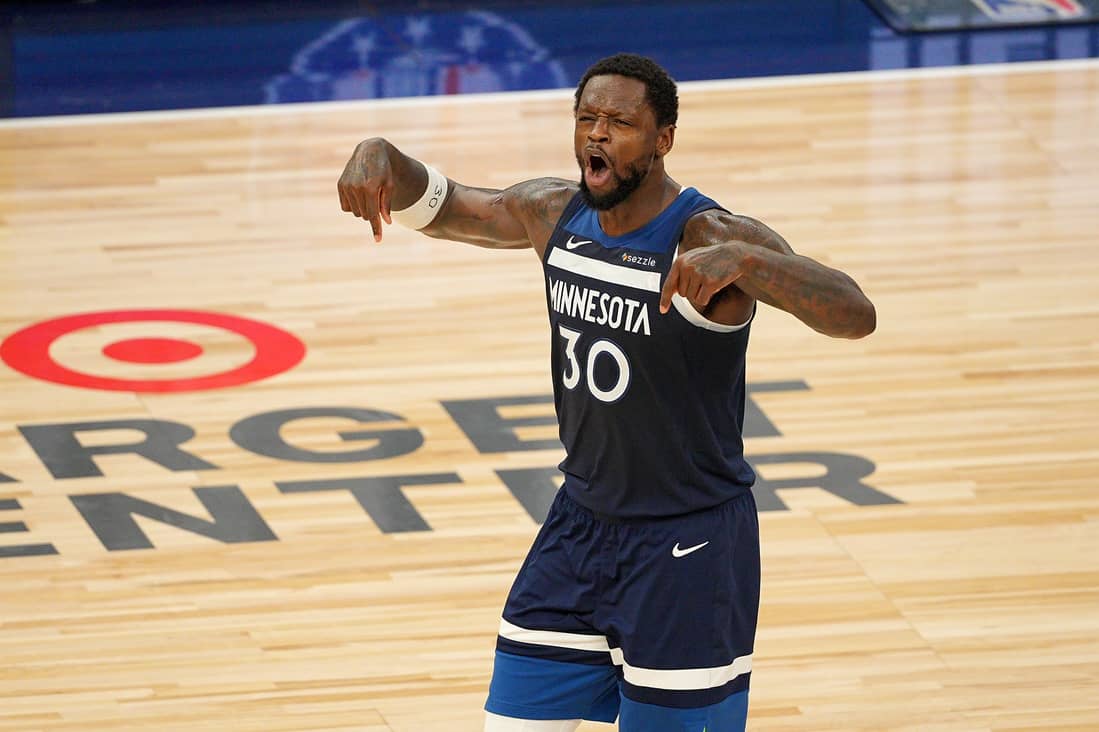
Julius Randle is putting up decent numbers this season—21.2 points, 6.9 rebounds, and 4.1 assists over 19 games—but his situation with the Timberwolves isn’t exactly smooth sailing. After Minnesota traded Karl-Anthony Towns to the Knicks for Randle, they were hoping to stay competitive. Instead, they’re sitting at 9-10 and look nothing like the team that made noise last season.
The fit between Randle and Rudy Gobert has been awkward, to say the least. Both need space to operate, and their styles don’t mesh well. The offense has looked clunky with Randle in the mix, and the spacing issues are making it tough for anyone to find a rhythm. The Wolves brought him in to shake things up, but it’s feeling more like a mismatch than a solution.
For the Thunder, bringing in Randle could cause similar problems. With Chet Holmgren still out, plugging Randle into the frontcourt alongside Isaiah Hartenstein could create the same kind of spacing nightmare the Wolves are dealing with. Randle’s ball-dominant style also doesn’t mesh with OKC’s system, which thrives on quick ball movement and team play. On top of that, it’s not hard to imagine friction between Randle and Shai Gilgeous-Alexander, who’s firmly established as the Thunder’s leader.
Randle is a talented player, no doubt, but his fit with OKC would be a gamble that’s probably not worth taking. The Thunder have built their success on chemistry and a clear system, and throwing Randle into the mix feels like it would create more headaches than solutions. Better to leave this one alone.




